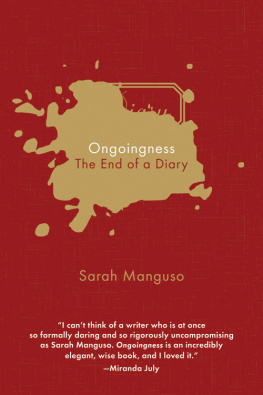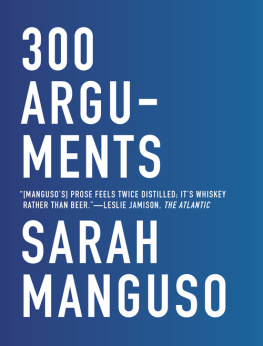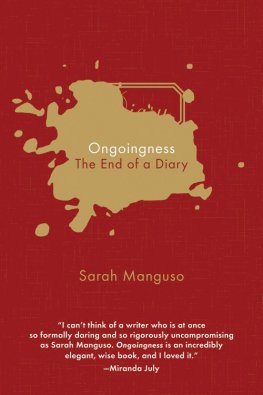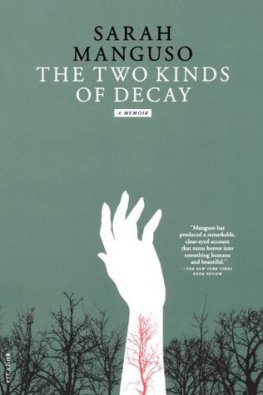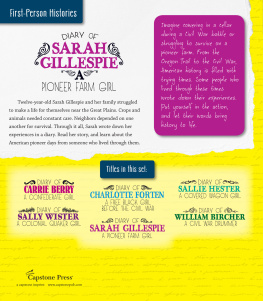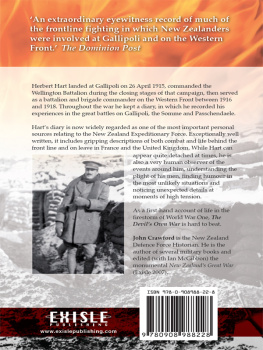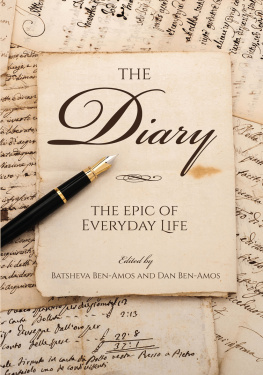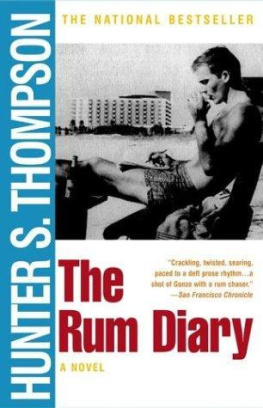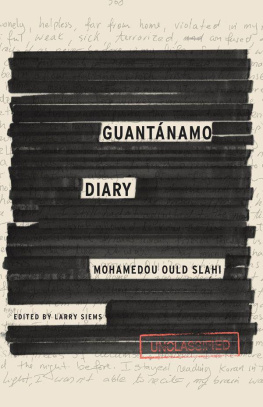Manguso - Ongoingness : the end of a diary
Here you can read online Manguso - Ongoingness : the end of a diary full text of the book (entire story) in english for free. Download pdf and epub, get meaning, cover and reviews about this ebook. year: 2015, publisher: Graywolf Press, genre: Religion. Description of the work, (preface) as well as reviews are available. Best literature library LitArk.com created for fans of good reading and offers a wide selection of genres:
Romance novel
Science fiction
Adventure
Detective
Science
History
Home and family
Prose
Art
Politics
Computer
Non-fiction
Religion
Business
Children
Humor
Choose a favorite category and find really read worthwhile books. Enjoy immersion in the world of imagination, feel the emotions of the characters or learn something new for yourself, make an fascinating discovery.
Ongoingness : the end of a diary: summary, description and annotation
We offer to read an annotation, description, summary or preface (depends on what the author of the book "Ongoingness : the end of a diary" wrote himself). If you haven't found the necessary information about the book — write in the comments, we will try to find it.
In her third book that continues to define the contours of the contemporary essay, Sarah Manguso confronts a meticulous diary that she has kept for twenty-five years. I wanted to end each day with a record of everything that had ever happened, she explains. But this simple statement belies a terror that she might forget something, that she might miss something important. Maintaining that diary, now 800,000 words, had become, until recently, a kind of spiritual practice. Then Manguso became pregnant and had a child, and these two Copernican events generated an amnesia that put her into a different relationship with the need to document herself amid ongoing time. Ongoingness is a spare, meditative work that stands in stark contrast to the volubility of the diary--it is a haunting account of mortality and impermanence, of how we struggle to find clarity amid the chaos of time that rushes around and over and through us--Publishers website. Read more...
Abstract: The author traces the documentation of her own life in diaries over twenty-five years, exploring the struggle to find clarity in life.
In her third book that continues to define the contours of the contemporary essay, Sarah Manguso confronts a meticulous diary that she has kept for twenty-five years. I wanted to end each day with a record of everything that had ever happened, she explains. But this simple statement belies a terror that she might forget something, that she might miss something important. Maintaining that diary, now 800,000 words, had become, until recently, a kind of spiritual practice. Then Manguso became pregnant and had a child, and these two Copernican events generated an amnesia that put her into a different relationship with the need to document herself amid ongoing time. Ongoingness is a spare, meditative work that stands in stark contrast to the volubility of the diary--it is a haunting account of mortality and impermanence, of how we struggle to find clarity amid the chaos of time that rushes around and over and through us--Publishers website
Manguso: author's other books
Who wrote Ongoingness : the end of a diary? Find out the surname, the name of the author of the book and a list of all author's works by series.

